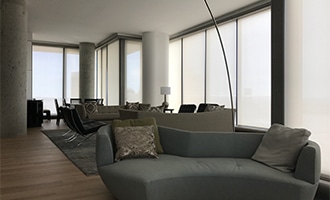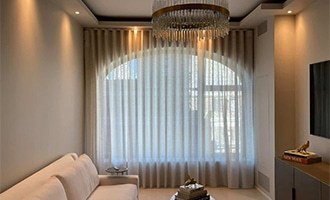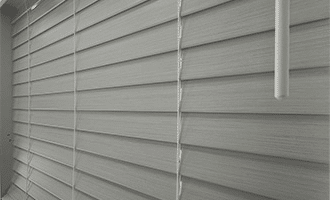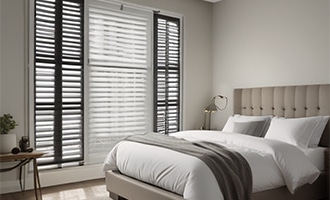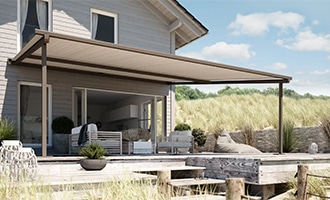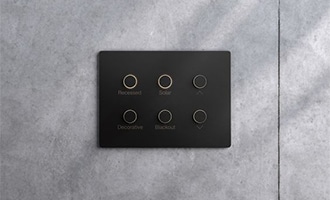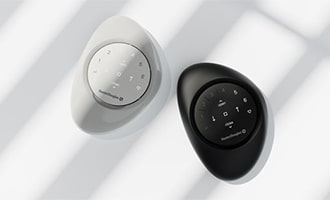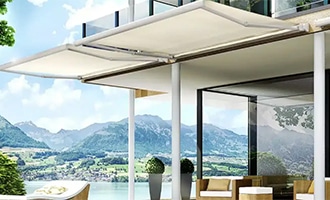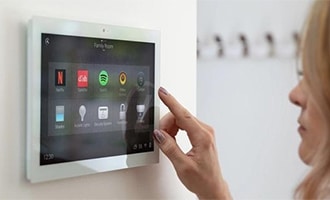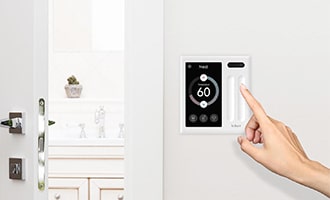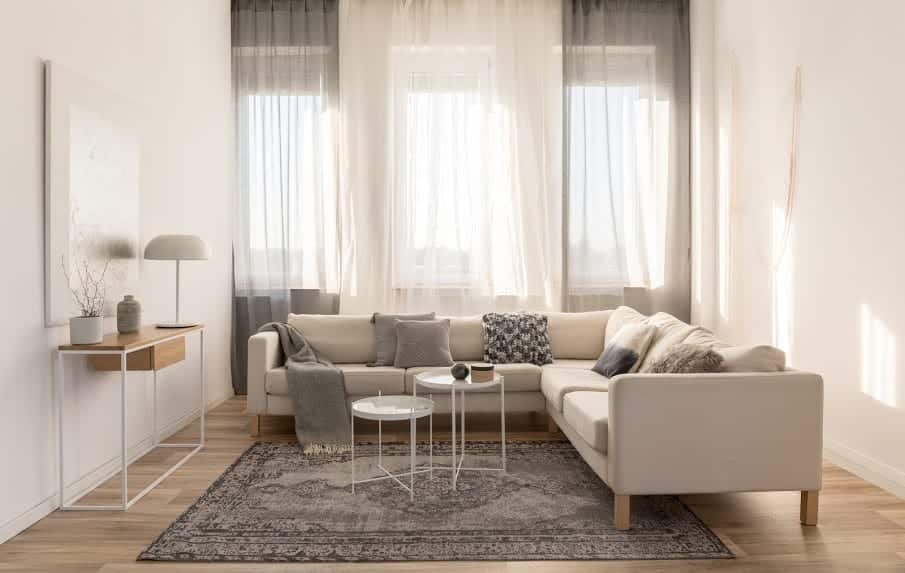
Window coverings come in many styles, so choosing the right option for you may seem overwhelming. If you are in the market for new window coverings, check out these four common window coverings and their pros and cons.
- SOUNDPROOF DRAPES
Soundproof drapes are a great choice if you live in a noisy neighborhood or big city. They are made from thick materials that hamper some of the sound coming from outside the home. They can also help limit some echoing inside the home. As an added benefit, soundproof drapes do a good job of blocking a lot of light because they are so thick and heavy. Similarly, the thickness helps provide thermal insulation, so you get fewer drafts and hot spots near the window. Unfortunately, the drapes only block sound when they are closed, and some people may not like having their curtains constantly closed, especially if the curtains let in little to no light. - SHEER DRAPES
Sheer drapes are usually made from a slightly transparent material. This makes them lightweight, and it allows some sunlight to enter the room even when the drapes are closed. If you use them with thicker drapes like soundproof drapes, they can even prevent early fading from UV rays. They are one of the most affordable options because they are made from cotton, linen, or synthetic materials. This also makes the drapes easy to clean. You can simply toss them into your washer and dryer as needed. If they are particularly delicate, however, you may want to wash them by hand. The biggest drawback to sheer drapes is that they have little insulating properties. This leads to poor energy efficiency as heat from outside leaks inside. Similarly, with little insulation, sheer drapes are poor at blocking sound and light, making them a poor choice if you live in a loud, well-lit neighborhood. - BLACKOUT SHADES
Blackout shades are a great choice if you work at night and sleep during the day, or if you live in an area with lots of light pollution. As the name suggests, they are excellent at blocking unwanted light from entering the room, so you can sleep in darkness even in the middle of a bright, sunny day. Naturally, less light also means less heat gain and less damage from UV rays. Blackout shades also inadvertently help to reduce noise because they are made from thick material. A leading drawback of blackout shades is their limited design options. There is little stylistic diversity, and most blackout shades have a minimalist, basic design. Additionally, because of their weight, you may have to install a new, more durable curtain rod before you install blackout shades. - SOLAR SHADES
If UV rays are your biggest concern, solar shades may be the right choice. Unlike blackout shades, solar shades do not block all light. Instead, their goal is to block most UV rays. Thanks to the material used, they can do this while still allowing in some natural light and without fully blocking the view through the window. During the day, you can see outside through the shades, but no one outside can see inside. However, at night, the reverse is true, so people outside can easily see inside your home. This is a huge drawback for people who prefer privacy. Depending on your wants and needs, there is a great window covering for you. If your biggest goal is to block light, blackout shades are a great choice, but if you just want to block UV rays, solar shades may be better. For more information, contact us at NY City Blinds to

